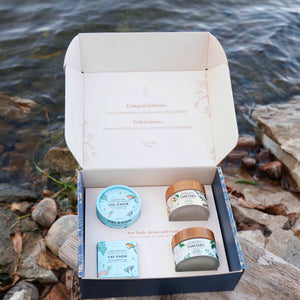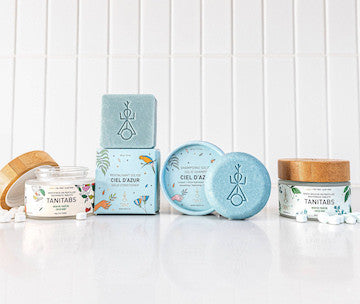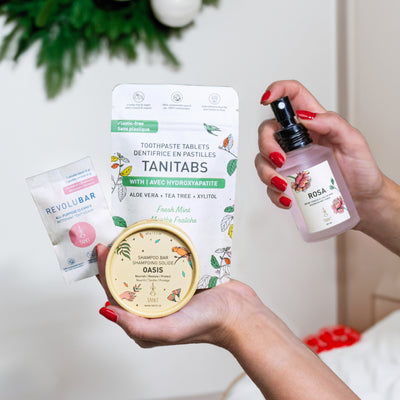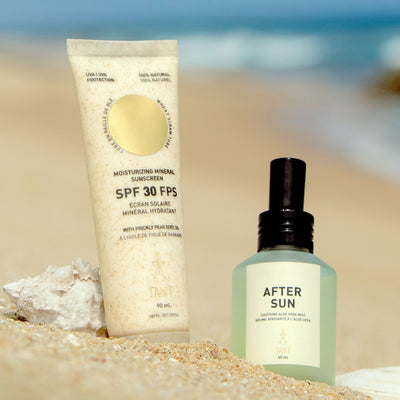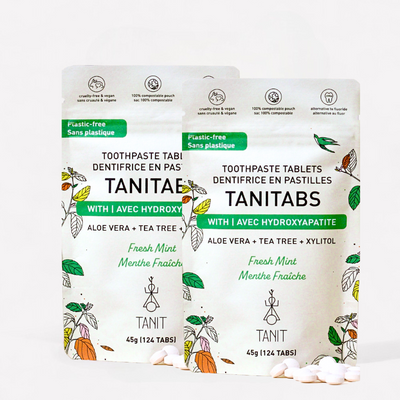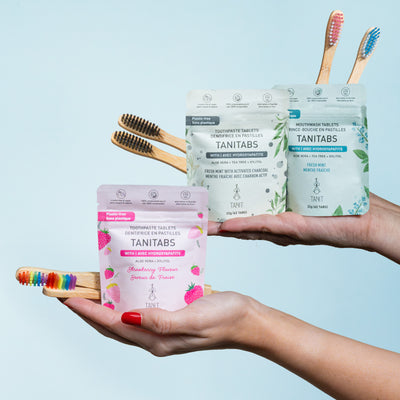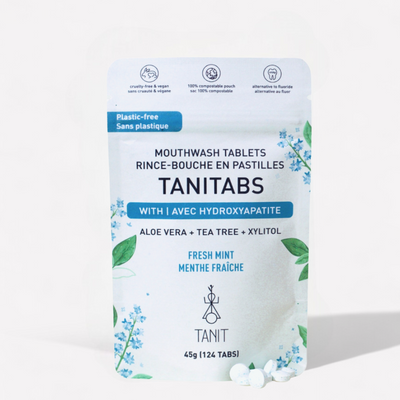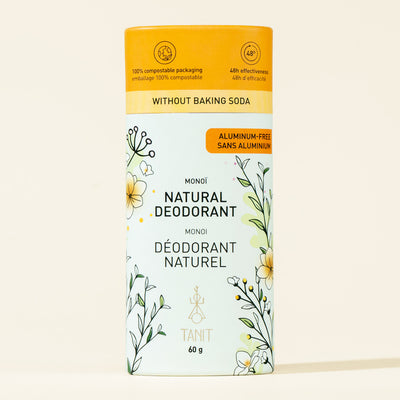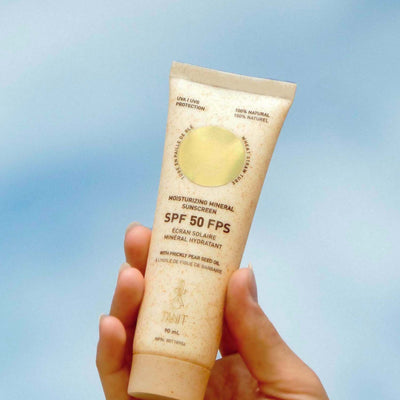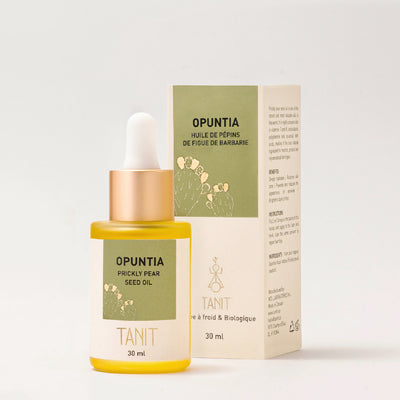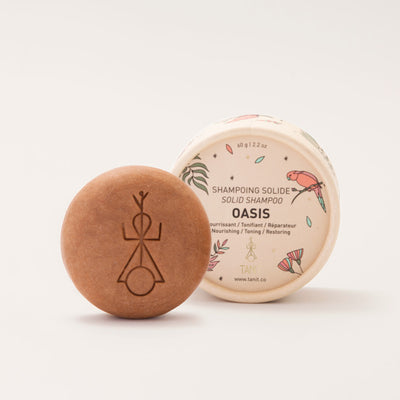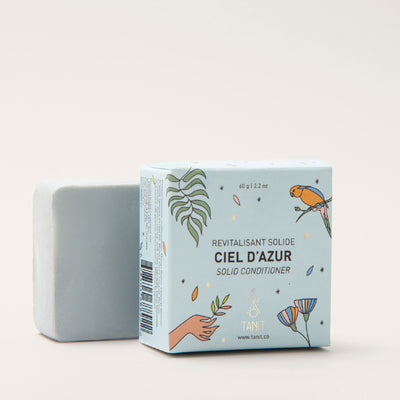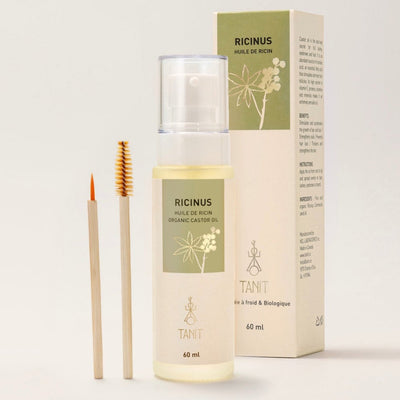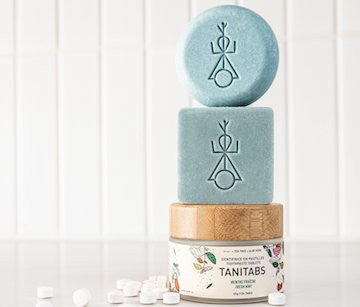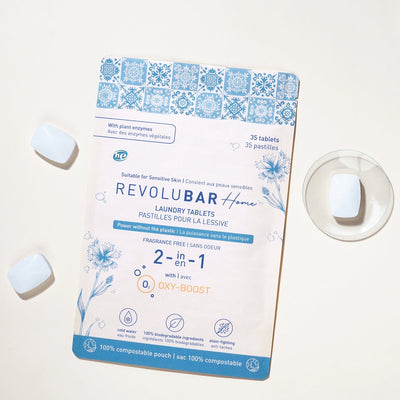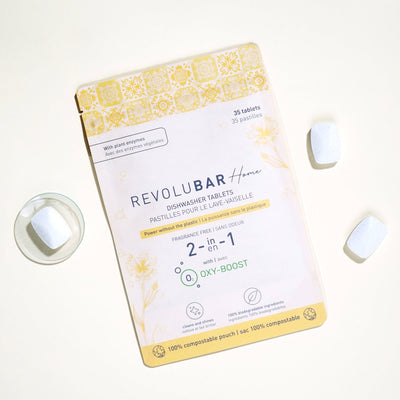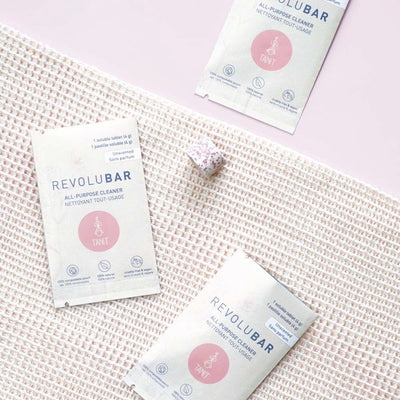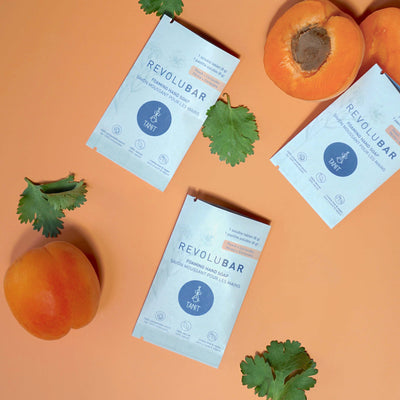PVA And Its Impact On The Planet
From household items to everyday convenience, PVA has become an essential part of our lives. It is notably found in laundry and dishwasher pods/pacs as a thin single-use plastic wrapping or incorporated into laundry sheets.
Many cleaning products made with PVA are marketed as “eco-friendly” because they appear to readily “dissolve” in water—seemingly avoiding other plastics’ issues of toxicity and persistence. But a closer look at the PVA material reveals that things are not always as they seem.
A recent study published in the International Journal of Environmental Research and Public Health shows that PVA does not biodegrade in most wastewater treatment facilities.
What is PVA in detergents?
Polyvinyl Alcohol, noted as PVA, PVOH or PVAI, is a synthetic plastic polymer derived from petroleum.
While the PVA film used in detergent pods and sheets is made to dissolve in water, it doesn’t necessarily disappear. Think about salt added to water—you may not be able to see it but that doesn’t mean the salt is not there!
PVA films in detergents are especially prone to causing pollution as they are discharged directly into our home’s wastewater system. From there, polluted water is sent back into the ground through our septic, cesspool, or wastewater treatment plants (as in this case).
Because tiny plastic particles are extremely hard to capture, they flow through wastewater before eventually steaming back into our ecosystem. Water can thereby remain polluted by PVA and other plastics even after treatment—endangering our oceans, rivers, and canals, as well as our drinking water.
An estimated 8,000 tons of PVA per year enter the environment from the use of detergent pods only.
Does PVA biodegrade?
Researchers demonstrate that the conditions necessary for total biodegradation of PVA are exceedingly precise. To reach complete decomposition, specific microorganisms and enzymes must be present along with a predetermined amount of time spent in wastewater treatment plants.
PVA won't completely biodegrade without carefully following this specific set of conditions, which is even less likely to be found in the natural environment. And even when PVA breaks down, it produces “Ethylene” which can stay intact and has been shown to negatively impact surrounding organisms such as plants.
The study suggests that over 75% of PVA (intact plastic particles) persists in our waterways and soil after dissolving in dishwashing and laundry machines.
What are the environmental and health implications of PVA?
PVA-related research is merely starting to emerge, so more must be done to thoroughly comprehend its impacts. However, studies have documented intact PVA plastic particles from dishwasher and laundry detergent pods scattered throughout nature. Recent research also reveals traces of PVA in human breast milk.
What we do know is that PVA plastic is a pollutant that enters our water sources and soils and ultimately has the potential to make its way back up into our food supply and drinking water.
Much like microplastics, this plastic film can absorb harmful chemicals like antibiotics or heavy metals at high levels. Facilities which manufacture often PVA warn employees to avoid touching, consuming, inhaling, or otherwise coming into contact with PVA – despite it being labelled a “safe” ingredient.
With over 30 billion loads of laundry done in the US. and Canada each year, these convenient pods and sheets, often marketed as “biodegradable” and "eco-friendly" might be a serious problem.
Do plastic-free, non-toxic, and convenient detergents exist?
Absolutely. Here at TANIT, we decided to take a stand against plastic-wrapped pods and sheets, as well as conventional plastic containers, by creating our own truly eco-friendly laundry and dishwasher tablets.

[DISCOVER TANIT DETERGENT TABLETS]
✔ Free of plastic or any additional wrapping✔ Filled with bio-based, top-notch ingredients
✔ Packaged in lightweight, compostable pouches (no more bulky plastic containers!)




